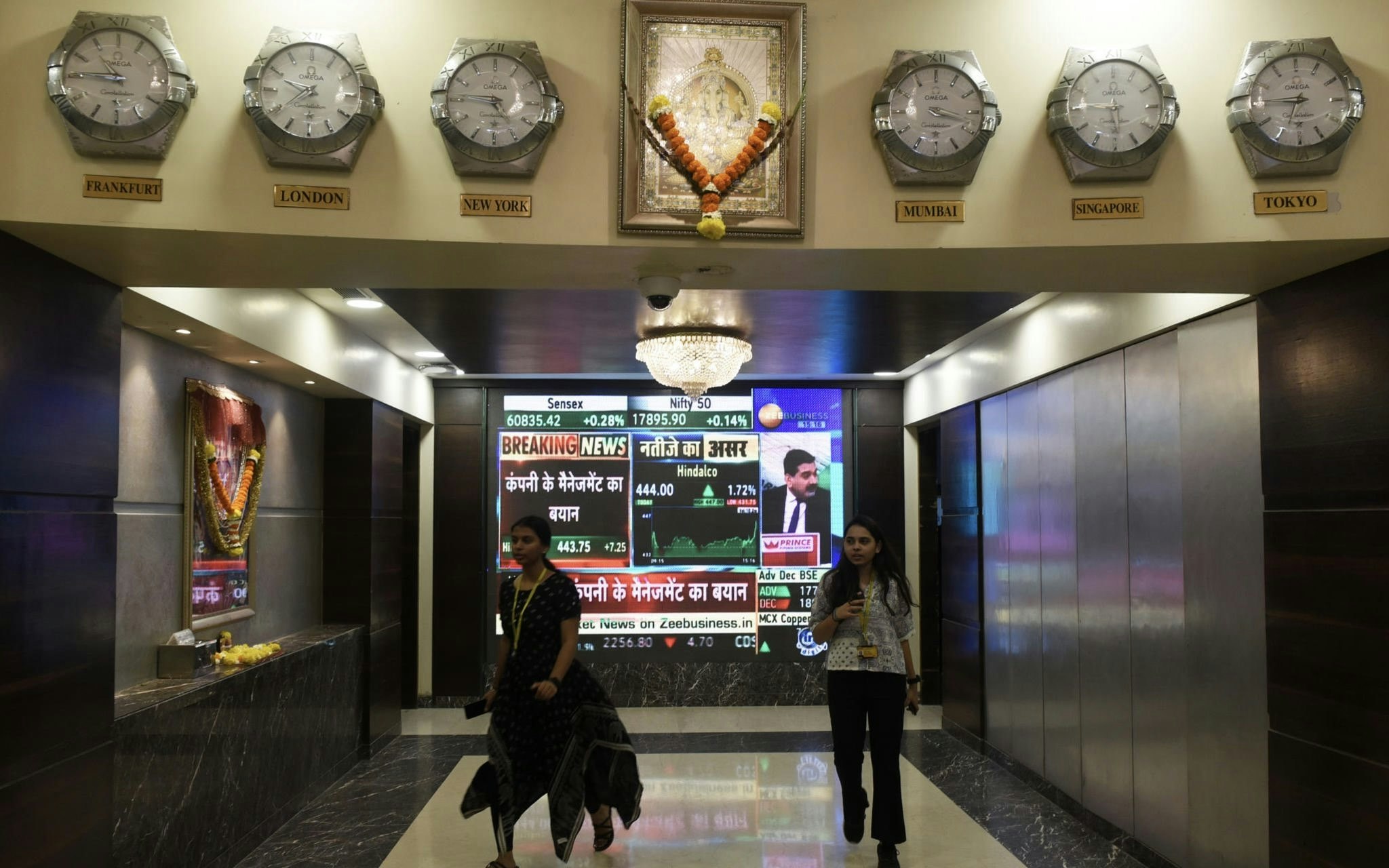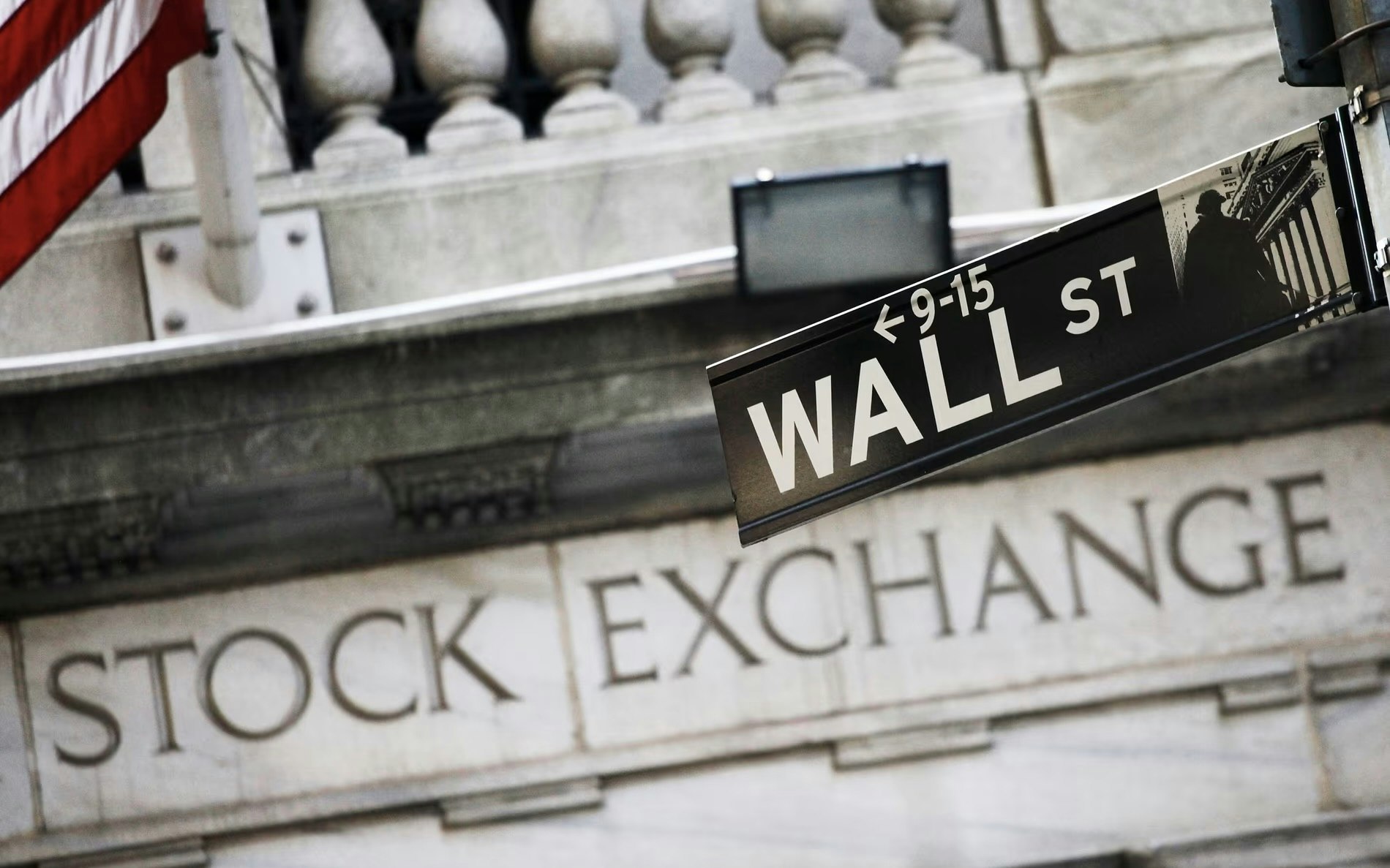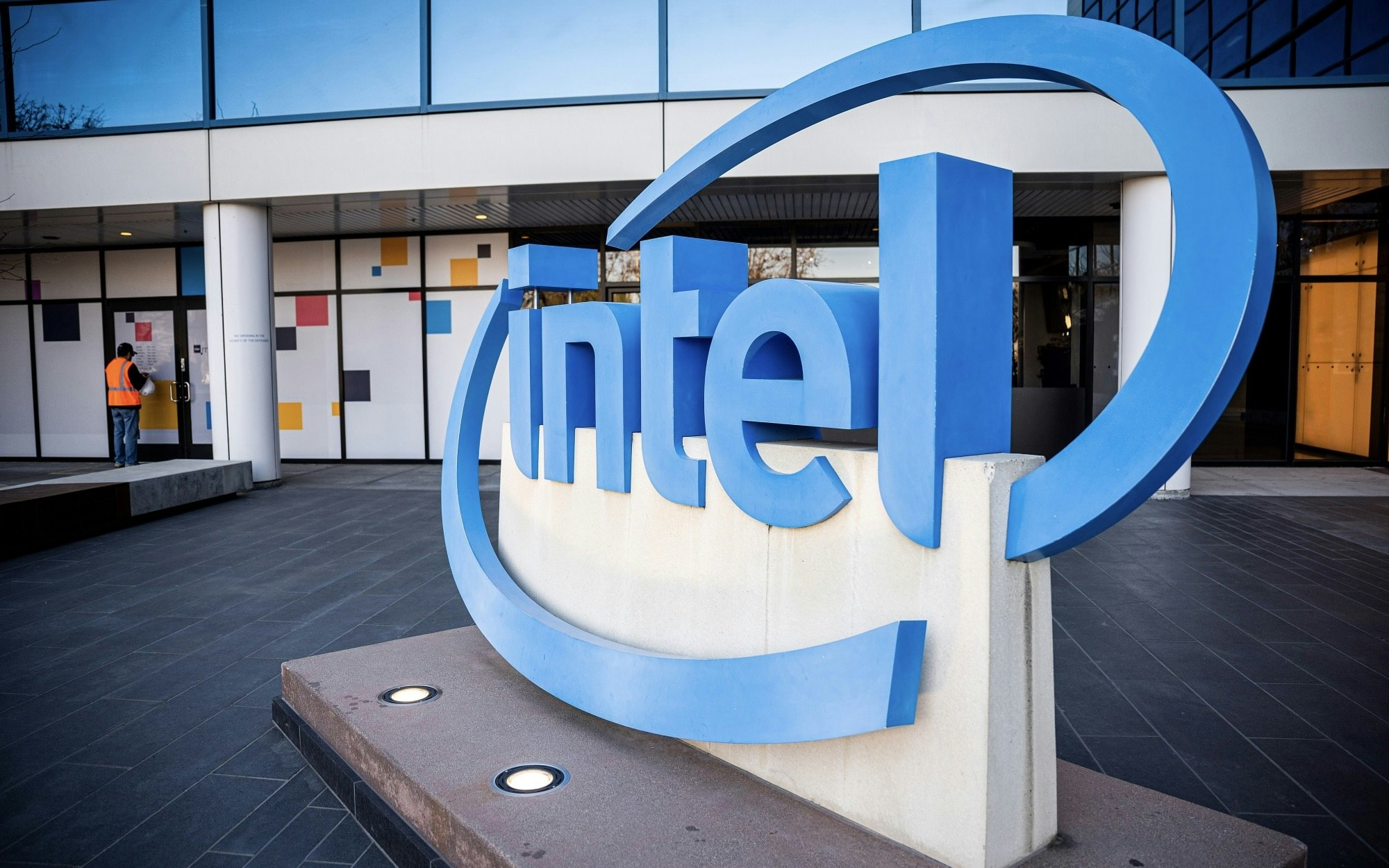The stock market in Mumbai is currently soaring and could soon even surpass the long-established competitor location of Hong Kong. For investors on the subcontinent, there is now particularly exciting news: The traditional conglomerate Tata is planning the IPO of a part of its huge empire. The last IPO of the Indian mega conglomerate, which operates in sectors such as steel, automobiles, power plants, and airlines, was almost two decades ago.
At that time, investors were able to benefit from enormous profits, especially through the IPO of the IT service provider Tata Consultancy Services. Since its stock market debut in 2004, the share price has increased on average by more than 20 percent per year. Now, with Tata Technologies, another product development division of the company is following suit and is already showing tremendous success at its stock market debut: on the first trading day last week, the price rose by more than 160 percent compared to the issue price - a record value and the most successful major IPO in the history of the Indian financial market.
The success story of the Indian stock market seems to have no end. Never before have there been so many initial public offerings (IPOs) recorded in India as this year. By the end of the year, the auditing and consulting firm EY expects a total of 209 IPOs. This would not only be a new record value for the country, but also the top position in the global comparison. The financial center Mumbai is therefore significantly ahead of the competing locations Shenzhen, Shanghai and Hong Kong, which have regularly been at the top in recent years.
Translation:
One of the successful newcomers in the Indian stock market is, for example, Mankind Pharma, which supplies the most populous country in the world with products such as condoms and pregnancy tests. The company's stock price has nearly doubled since its listing in May. The benchmark indices Sensex and Nifty 50 have also repeatedly reached new record highs in recent days. On Tuesday, the Bloomberg Index even reported a market capitalization of over four trillion US dollars for the Indian stock market for the first time.
The Mumbai Stock Exchange could soon replace Hong Kong as the fourth largest stock market, with a market capitalization of approximately 4.6 trillion US dollars. This is an impressive increase, considering that the Hong Kong Hang Seng Index has lost around 19 percent since the beginning of the year, while the Nifty 50 has grown by nearly 15 percent in the same period. Analysts agree that the Indian stock market is still on a strong growth trajectory.
Timothy Moe, Senior Asia Strategist at Goldman Sachs, comments: "We believe that India has the best structural growth prospects in the Asia-Pacific region." The investment bank upgraded India in its investment recommendations in November and advises to overweight Indian stocks in the portfolio.
Morgan Stanley also expressed a recommendation for Indian stocks and listed the country as the most promising market among emerging economies. Goldman Sachs predicts that the Indian stock market will continue to rise in 2023, driven by steady corporate growth and macroeconomic stability in an otherwise "difficult time" for the Asia-Pacific region.
While the economy in China, the longtime growth engine of the region, continues to cool down, India is still experiencing a sustained boom: in the third quarter of this year, the gross domestic product grew an impressive 7.6 percent compared to the previous year - far above the expectations of analysts and even higher than China's growth of only 4.9 percent.
This status as the fastest growing major economy in the world also attracts international investors. While China is struggling with capital outflows in the stock market, the Indian stock market has already received around $15 billion in foreign funds this year. However, it is still a challenge for foreign retail investors to invest directly in the Mumbai Stock Exchange. Only a few Indian stocks are also tradable on foreign markets such as the Frankfurt Stock Exchange.
This has significantly increased the demand for ETFs that track the performance of the MSCI India Index. Providers have experienced a veritable influx in the past months: from January to October alone, an additional $2.4 billion flowed into US-listed India ETFs. If there are no major outflows by the end of the year, this would be a new record year. Analysts also expect a significant political influence on prices in the upcoming year: in the spring, elections will be held, in which Prime Minister Narendra Modi is seeking a third term in office.
His previous successes in regional elections show that his chances of re-election are very good - which additionally boosts the stock markets. Investors hope for a continuation of massive government infrastructure investments and see further growth potential for the benchmark indices in Mumbai due to the favorable political environment.







